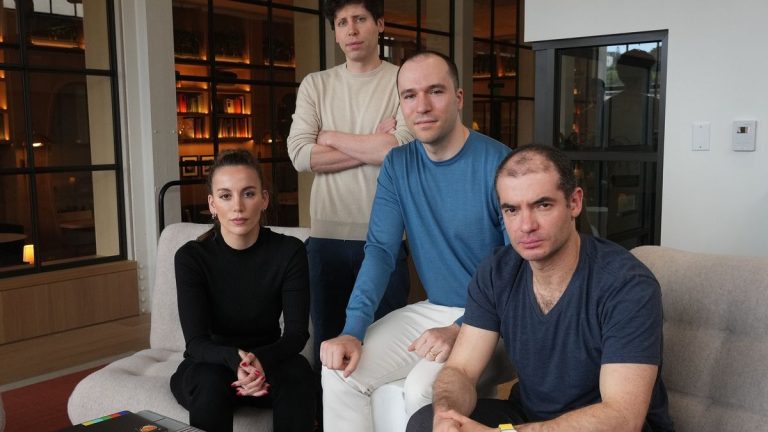In a surprising turn in the field of artificial intelligence and copyright law, OpenAI has leveled serious allegations against the New York Times, accusing it of “hacking” ChatGPT in order to fabricate evidence misleading for a trial. This lawsuit claims that OpenAI and Microsoft used log content without proper permissions to train their AI chatbots. OpenAI counters by claiming that the Times’ actions violated their terms of service, while the newspaper’s legal team defends the legitimacy of its evidence collection.
Legal tensions intensify
The New York Times lawsuit shed light on the complex dance between copyright law and AI training methodologies. OpenAI’s defense relies on the Times’ accusation of alleged “hacking,” involving manipulation of ChatGPT to generate specific results. This maneuver, according to OpenAI, not only violates their terms, but also distorts the legal narrative. Legal filings from both sides reveal a complex battleground, where the ethics of AI development and journalistic integrity are hotly debated.
Broader implications for AI and journalism
The showdown between OpenAI and the New York Times extends beyond the courtroom, sparking a broader conversation about the future of AI in journalism. Concerns about AI’s ability to regurgitate and “hallucinate” information without a proper source have unsettled many in the media industry. This lawsuit, focused on copyright infringement and the ethical use of AI, highlights the tension between rapid technological advancements and the need for robust copyright frameworks to protect creators of original content.
Industry reactions and future outlook
As the legal battle unfolds, reactions across the technology and media landscapes have been mixed. Some see the New York Times’ actions as a necessary curb on the uncontrolled expansion of AI technologies that rely on existing content. Others argue that OpenAI’s defensive stance highlights the challenges of training AI systems within the confines of current copyright laws. Whatever the outcome, this case will likely influence how AI technologies are developed and deployed, with potential ramifications for copyright law, journalistic standards, and the ethical limits of AI.
The clash between OpenAI and the New York Times is more than a legal skirmish; it’s a pivotal moment that could shape the future intersection of AI, copyright law, and journalism. As the case progresses, the technology and media industries are watching closely, knowing the verdict could set precedents affecting the balance between innovation and intellectual property rights. Amid this legal and ethical quagmire, one thing remains clear: the evolution of AI and its integration into society will continue to challenge existing paradigms, requiring thoughtful dialogue and regulation.


